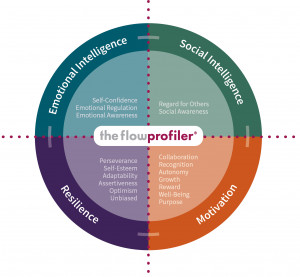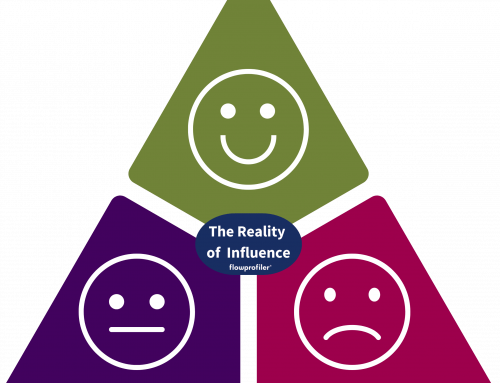Imposter Syndrome is a common but often hidden obstacle that affects many people, regardless of their accomplishments. This phenomenon can hold individuals back from achieving their full potential and can be particularly challenging to overcome. Here, we’ll explore what imposter syndrome is, who can suffer from it, why it occurs, and provide strategies to help you conquer this internal adversary.
accomplishments. This phenomenon can hold individuals back from achieving their full potential and can be particularly challenging to overcome. Here, we’ll explore what imposter syndrome is, who can suffer from it, why it occurs, and provide strategies to help you conquer this internal adversary.
Imposter syndrome does not discriminate based on age, gender, occupation, or level of success. It can impact anyone from students and entry-level employees to accomplished professionals and celebrities.
Maya Angelou once said, “I have written eleven books, but each time, I think, ‘Uh oh, they’re going to find out now. I’ve run a game on everybody, and they’re going to find me out.'” Even icons like Angelou have struggled with feeling like imposters.
Why does imposter syndrome occur?
Imposter syndrome is driven by a complex interplay of factors, including perfectionism, self-doubt, fear of failure, and an overemphasis on the success of others. Albert Einstein offered insight when he said,
“Everybody is a genius. But if you judge a fish by its ability to climb a tree, it will live its whole life believing that it is stupid.” – Albert Einstein
People tend to compare themselves to others, leading to feelings of inadequacy.
Strategies to Overcome Imposter Syndrome:
1 – Acknowledge Your Feelings: The first step in overcoming imposter syndrome is recognising it. As Michelle Obama advised,
“We need to do a better job of putting ourselves higher on our to-do list.”
– Michelle Obama
Understand that feeling like an imposter is common and does not reflect your true abilities.
2 – Celebrate Your Achievements: Keep a success journal where you document your accomplishments, no matter how small they may seem. These victories will serve as a reminder of your capabilities. As Henry Ford once said,
“Whether you think you can or think you can’t, you’re right.” Henry Ford
3 – Seek Support: Share your feelings with friends, family, or a mentor. They can provide valuable perspective and encouragement. Neil Gaiman encouraged this approach, saying,
“The one thing that you have that nobody else has is you. Your voice, your mind, your story, your vision. – Neil Gaiman
So write and draw and build and play and dance and live as only you can.”
4 – Reframe Your Thoughts: Challenge negative self-talk by replacing it with positive affirmations.
Eleanor Roosevelt once stated,
“No one can make you feel inferior without your consent.” – Eleanor Roosevelt
Remind yourself of your strengths and past successes.
5 – Set Realistic Goals: Embrace the concept of “good enough.” Not every endeavour has to be perfect. As Voltaire wisely noted,
“The perfect is the enemy of the good.” – Voltaire
Perfectionism can be a root cause of imposter syndrome.
6 – Continuous Learning: Invest in personal and professional development. Confidence often comes from competence. The more you learn and grow, the more you’ll believe in your abilities.
7 – Practice Self-Compassion: Treat yourself with the same kindness and understanding that you would offer to a friend. As Aristotle said,
“To love oneself is the beginning of a lifelong romance” – Aristotle
Imposter syndrome may be a persistent foe, but with the right strategies and a commitment to self-improvement, it can be conquered. Remember, imposter syndrome does not define your worth, and you have the power to overcome it. As Serena Williams once said,
“You have to believe in yourself when no one else does. That makes you a winner right there.” – Serena Williams
Are you interested in how flowprofiler® can help? Reach out to us at hello@flowprofiler.com and we’ll show you how.




